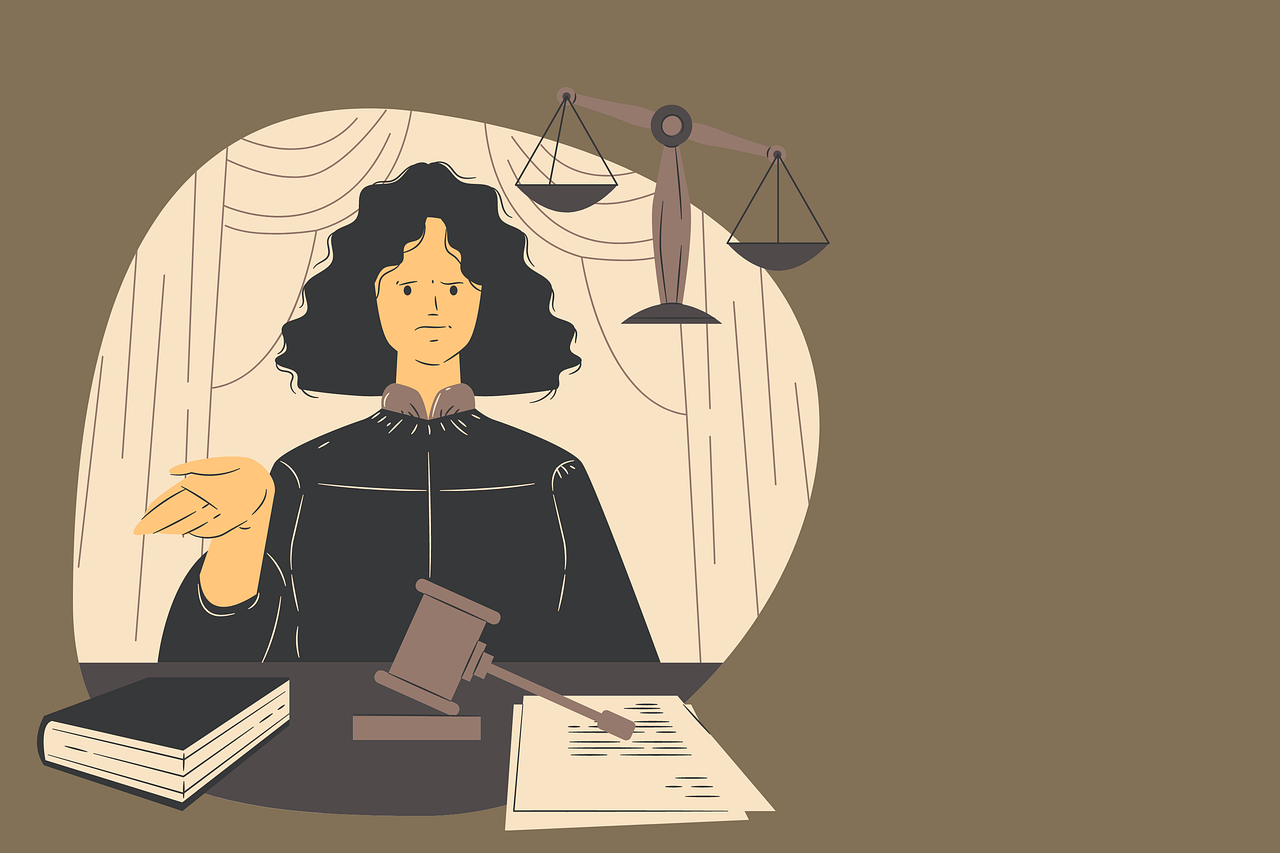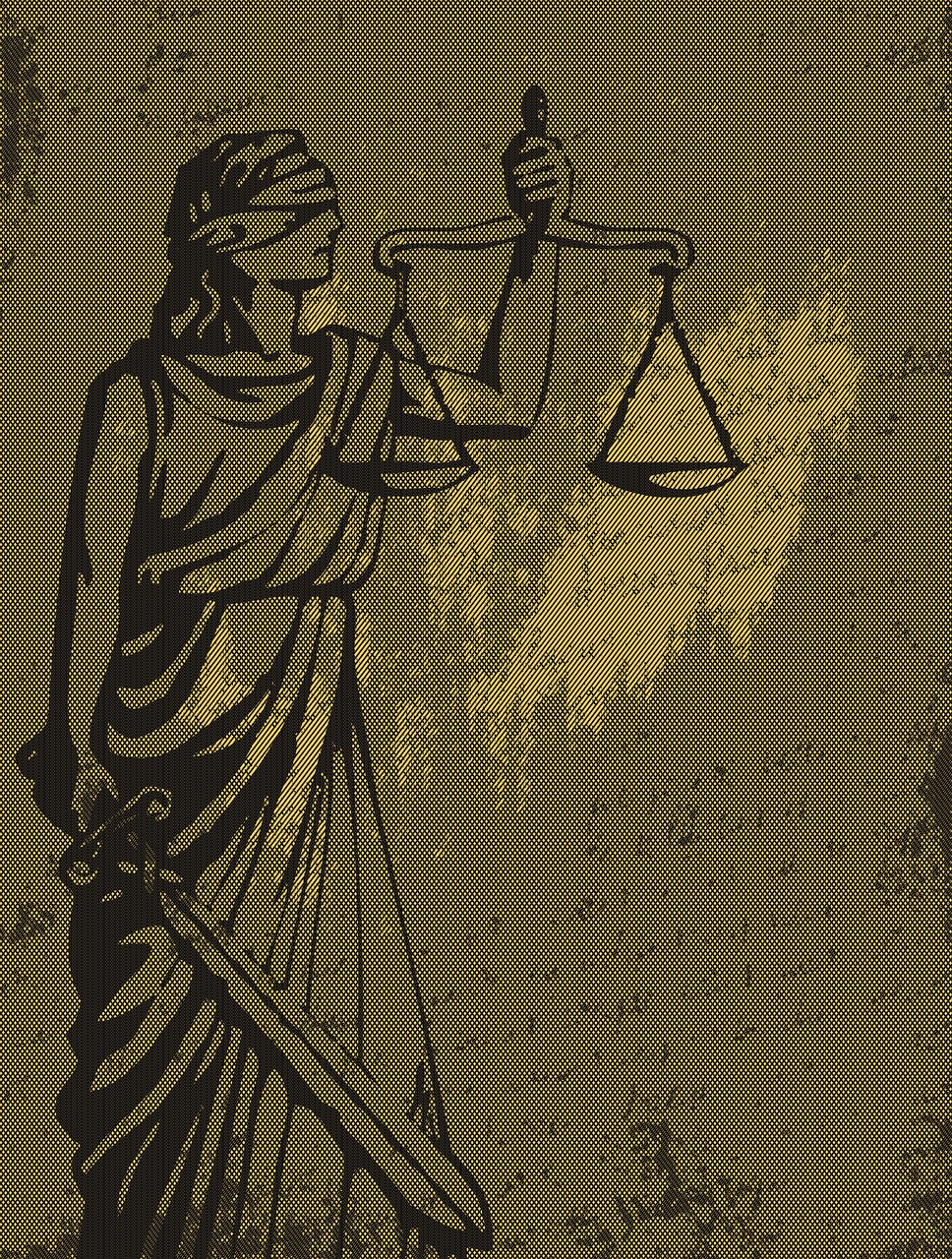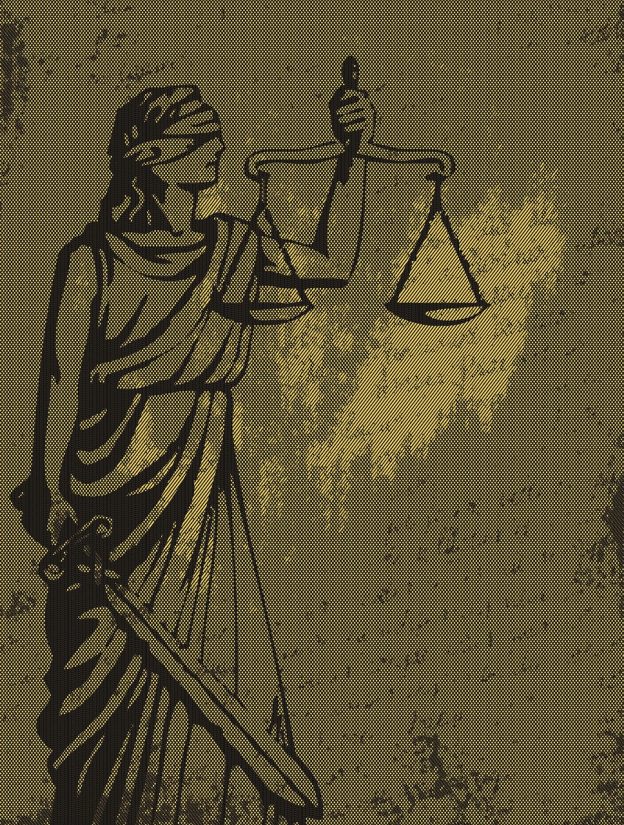In today’s complex legal landscape, individuals facing criminal charges need a trustworthy and knowledgeable advocate on their side. That’s where a professional criminal attorney comes in. With their extensive expertise and experience, a criminal attorney can navigate the intricacies of the legal system and provide the best possible defense for their clients. From white-collar crimes to drug offenses, a criminal attorney’s role is to protect the rights and interests of those accused of wrongdoing. Through this article, we aim to shed light on the vital role of a criminal attorney, addressing common concerns and providing reassurance to individuals seeking legal guidance. So, if you find yourself in need of legal support, don’t hesitate to reach out to the lawyer listed on this website for a consultation and secure the expert representation you deserve.
Overview of Criminal Attorneys
Criminal attorneys, also known as criminal defense attorneys, are legal professionals who specialize in defending individuals or organizations facing criminal charges. They play a critical role in protecting the rights and interests of their clients throughout the criminal justice process. Whether someone is charged with a misdemeanor or a serious felony, having a skilled and experienced criminal attorney by your side can make a significant difference in the outcome of your case.
Why You Need a Criminal Attorney
Facing criminal charges can be an extremely overwhelming and stressful experience. The consequences of a conviction can be severe, including imprisonment, fines, probation, and a permanent criminal record. Therefore, it is essential to have a criminal attorney on your side who can provide expert legal guidance and staunchly advocate for your rights.
A criminal attorney understands the intricacies of the criminal justice system and has a deep knowledge of criminal laws and procedures. They can assess the details of your case, identify any weaknesses in the prosecution’s argument, and develop a strategic defense strategy tailored to your specific circumstances. Without proper legal representation, you may unknowingly forfeit important legal rights or make critical mistakes that can negatively impact your case.

Services Offered by Criminal Attorneys
Criminal attorneys offer a wide range of services to their clients, including:
Legal Consultation and Case Evaluation
During an initial consultation, a criminal attorney will review the details of your case and evaluate its strengths and weaknesses. They will provide you with an honest assessment of the potential outcomes and discuss the available legal options.
Legal Representation
A criminal attorney will represent you throughout all stages of the criminal justice process, from investigation and arrest to trial and, if necessary, appeals. They will ensure that your rights are protected, and they will advocate for the best possible outcome on your behalf.
Case Investigation and Evidence Gathering
A criminal attorney will conduct a thorough investigation of the case against you, which may involve interviewing witnesses, reviewing police reports, examining physical evidence, and consulting with experts. This allows them to build a strong defense strategy based on the facts and evidence.
Negotiating Plea Deals
In some cases, it may be in your best interest to negotiate a plea deal with the prosecution. A criminal attorney will assess the viability of a plea bargain, negotiate the terms, and work to secure the most favorable agreement possible, such as reduced charges or lesser penalties.
Court Representation
If your case proceeds to trial, a criminal attorney will represent you in court. They will present your defense, cross-examine witnesses, challenge the prosecution’s evidence, and make persuasive arguments to the judge and jury.
Post-Conviction Assistance
Even after a conviction, a criminal attorney can continue to provide assistance. They may help you navigate the appeals process, seek sentence reductions, or pursue other avenues to mitigate the impact of your conviction.
Skills and Qualities of a Criminal Attorney
To effectively represent their clients, criminal attorneys need to possess a range of skills and qualities. These include:
Legal Knowledge and Expertise
Criminal attorneys must have a deep understanding of criminal law, including statutes, precedents, and legal procedures. They stay updated on changes in the law and continually expand their knowledge to provide the best possible defense for their clients.
Analytical and Problem-Solving Skills
Assessing complex legal issues, identifying potential defenses, and developing strategic solutions require strong analytical and problem-solving skills. Criminal attorneys must be able to think critically and creatively to navigate the challenges that arise during a criminal case.
Strong Communication Skills
Effective communication is crucial for criminal attorneys. They must be able to clearly articulate legal concepts, explain the options available to their clients, and present persuasive arguments in court. Additionally, they need to actively listen to their clients and understand their concerns.
Negotiation Skills
Criminal attorneys often engage in plea negotiations with prosecutors to secure favorable outcomes for their clients. Strong negotiation skills allow them to find common ground and advocate for the best possible terms in a plea agreement.
Trial Advocacy Skills
If a case goes to trial, criminal attorneys must excel in trial advocacy. They must be confident and persuasive in the courtroom, presenting evidence, cross-examining witnesses, and delivering compelling opening and closing arguments.
Empathy and Compassion
A criminal attorney must be empathetic and compassionate towards their clients, recognizing the stress and emotional toll criminal charges can have on their lives. They should be able to provide emotional support while maintaining a professional approach.
How to Choose the Right Criminal Attorney
Choosing the right criminal attorney is a critical decision that can greatly impact the outcome of your case. Here are some factors to consider when making your decision:
Experience and Expertise
Look for a criminal attorney with extensive experience in handling cases similar to yours. Consider their track record and success rate in achieving favorable outcomes. An attorney with expertise in the specific area of criminal law relevant to your case can provide valuable insights and strategies.
Reputation and References
Research the attorney’s reputation in the legal community. Look for online reviews, testimonials, and referrals from trusted sources. An attorney with a strong reputation is likely to have established relationships with judges, prosecutors, and other key players in the criminal justice system.
Communication and Accessibility
Effective communication is essential throughout your case. Choose an attorney who is responsive, attentive, and easy to reach. They should make you feel comfortable and informed at all times, providing regular updates and promptly returning your calls or emails.
Cost and Fee Structure
Discuss the attorney’s fee structure during the initial consultation to ensure it aligns with your budget. Some attorneys charge a flat fee, while others bill hourly. Understand what services are covered in their fees and whether there are any additional expenses or potential hidden costs.
Trust and Rapport
Trust your instincts when assessing the attorney’s trustworthiness and rapport. You should feel comfortable sharing sensitive information with them and believe they genuinely have your best interests at heart.
Understanding the Criminal Defense Process
The criminal defense process involves several stages, each with its own set of procedures and potential outcomes. Understanding these stages can help you comprehend what to expect during your case:
Arrest and Initial Appearance
If you are suspected of a crime, law enforcement may arrest you. Shortly after the arrest, you will have an initial appearance where you will be informed of the charges against you and your rights. It is crucial to have a criminal attorney present during this stage to protect your rights and advise you on your next steps.
Bail and Pretrial Release
After the initial appearance, the court will determine whether you are eligible for bail or pretrial release. A criminal attorney can argue for reasonable bail conditions and assist in securing your release from jail while your case is pending.
Preliminary Hearing or Grand Jury Indictment
In some cases, the prosecution must present evidence to establish probable cause before proceeding to trial. This can occur through a preliminary hearing or a grand jury indictment. A criminal attorney will challenge the sufficiency of the evidence presented and protect your rights during these proceedings.
Plea Negotiations
Before trial, the prosecution may offer a plea bargain. Your attorney will review the terms of the plea deal, advise you on its benefits and drawbacks, and guide you in making an informed decision. They will also negotiate on your behalf to secure the most favorable outcome possible.
Trial
If your case proceeds to trial, your criminal attorney will mount a vigorous defense on your behalf. They will present evidence, question witnesses, and argue your innocence or advocate for a lesser sentence if necessary. A skilled trial attorney can significantly impact the outcome of your case.
Sentencing and Appeals
If you are convicted, the court will impose a sentence. Your criminal attorney can advocate for a fair and just sentence, taking into account any mitigating factors and arguing against excessive penalties. They can also explore the possibility of filing an appeal if there are grounds for challenging the verdict or the sentence.

Common Types of Criminal Cases
Criminal attorneys handle a variety of criminal cases, including:
DUI/DWI Offenses
Driving under the influence (DUI) or driving while intoxicated (DWI) charges are serious infractions that can lead to license suspension, fines, and even imprisonment. A criminal attorney can challenge the legality of the traffic stop, question the accuracy of sobriety tests, and work toward reducing or dismissing the charges.
Drug Offenses
Drug-related crimes can range from possession of small quantities for personal use to trafficking large quantities. A criminal attorney can challenge the legality of searches and seizures, contest the admissibility of evidence, and seek alternative sentencing options such as rehabilitation programs.
Assault and Battery
Assault and battery charges involve physically harming or threatening another person. A criminal attorney can examine the circumstances leading to the alleged incident, assess self-defense claims, present evidence of mitigating factors, and work to minimize penalties.
Theft and Burglary
Theft and burglary offenses encompass a wide range of crimes, from shoplifting to armed robbery. A criminal attorney can challenge the prosecution’s evidence, question the identification of the defendant, and explore possible defenses such as lack of intent or mistaken identity.
White-Collar Crimes
White-collar crimes involve non-violent offenses typically committed for financial gain, such as fraud, embezzlement, or insider trading. A criminal attorney can navigate complex financial transactions, analyze forensic accounting records, and develop defenses to combat the prosecution’s case.
Domestic Violence
Domestic violence charges involve physical or emotional harm against a family or household member. A criminal attorney can investigate the circumstances surrounding the allegations, challenge the credibility of witnesses, and pursue alternative resolutions to protect the interests of their clients.
Key Defenses in Criminal Cases
Criminal attorneys employ a variety of defenses to protect their clients’ rights and interests. Some common defenses include:
Lack of Sufficient Evidence
Challenging the prosecution’s evidence is often a key component of a criminal defense strategy. Criminal attorneys may argue that there is insufficient evidence to establish guilt beyond a reasonable doubt, casting doubt on the prosecution’s case.
Self-Defense
Self-defense is a valid defense when a person reasonably believes that using force, including deadly force, is necessary to protect themselves from imminent harm. Criminal attorneys can present evidence and witnesses to support a claim of self-defense.
Alibi
An alibi defense involves proving that the defendant was not present at the scene of the crime when it occurred. Criminal attorneys can present evidence, such as witnesses, surveillance footage, or credit card records, to establish an alibi.
Entrapment
Entrapment occurs when law enforcement induces or coerces someone into committing a crime that they would not have otherwise committed. Criminal attorneys can argue entrapment if there is evidence to support that the defendant was persuaded to commit the offense.
Mental Incapacity
If a defendant has a mental illness or defect that impairs their ability to understand the nature and consequences of their actions, criminal attorneys can raise the defense of mental incapacity. This defense challenges the defendant’s legal culpability based on their mental state at the time of the offense.

Penalties for Criminal Offenses
The penalties for criminal offenses vary widely depending on the nature and severity of the crime, as well as any prior convictions. Penalties can include:
Fines
Judges can impose fines as a form of punishment for criminal offenses. The amount of the fine is determined by factors such as the severity of the offense and the defendant’s financial resources. Failure to pay fines may result in additional consequences, such as a warrant for arrest or wage garnishment.
Probation
Probation is a court-ordered period of supervision in which the defendant must comply with specified conditions. These conditions may include drug testing, counseling, community service, and regular meetings with a probation officer. Violating probation terms can result in further penalties, such as incarceration.
Imprisonment
Depending on the seriousness of the offense, a conviction may result in imprisonment. Sentences can range from a few days to life in prison, depending on state laws and sentencing guidelines. In some cases, sentences may be reduced through parole or early release programs.
Restitution
In cases where the victim suffered financial losses as a result of the offense, the court may order the defendant to compensate the victim through restitution. Restitution may cover medical expenses, property damage, or other financial losses incurred due to the offense.
Community Service
In lieu of incarceration or as part of a probationary sentence, the court may order the defendant to perform community service. This may involve working for a specified number of hours at designated charitable organizations or public service agencies.
FAQs About Criminal Attorneys
What does a criminal attorney do?
A criminal attorney specializes in defending individuals or organizations facing criminal charges. They provide legal advice, represent clients in court, negotiate plea deals, and advocate for their clients’ rights throughout the criminal justice process.
How much does a criminal attorney cost?
The cost of hiring a criminal attorney varies depending on several factors, including the complexity of the case, the attorney’s experience and reputation, and the location of the practice. Many criminal attorneys charge either a flat fee or an hourly rate. It is essential to discuss fees and payment structure during the initial consultation.
Can a criminal attorney help with a DUI case?
Yes, a criminal attorney can provide crucial assistance in DUI cases. They can challenge the legality of the traffic stop, question the accuracy of sobriety tests, negotiate with prosecutors, and work toward reducing or dismissing the charges.
Do I need a criminal attorney if I’m innocent?
Even if you believe you are innocent, it is essential to consult with a criminal attorney. They can provide guidance on navigating the legal process, protect your rights, and construct a strong defense to prove your innocence.
Will hiring a criminal attorney guarantee a favorable outcome in my case?
While hiring a competent criminal attorney significantly increases your chances of achieving a favorable outcome, no attorney can guarantee a specific result. The outcome of a criminal case depends on various factors, including the evidence, the judge, the jury, and the prosecution’s strategy. A skilled criminal attorney will work tirelessly to advocate for your best interests and seek the most favorable resolution possible.
In conclusion, hiring a criminal attorney is crucial when facing criminal charges. They provide invaluable legal representation, protect your rights, and ensure that you have a fair chance in the criminal justice system. By understanding the services offered by criminal attorneys, the key defenses in criminal cases, and the potential penalties, individuals can make informed decisions about their legal representation. When selecting a criminal attorney, factors such as their experience, reputation, communication style, and trustworthiness should be considered. Ultimately, working with a skilled criminal attorney significantly increases the chances of a favorable outcome in your case, ensuring that your rights are protected, and your interests are properly represented.



